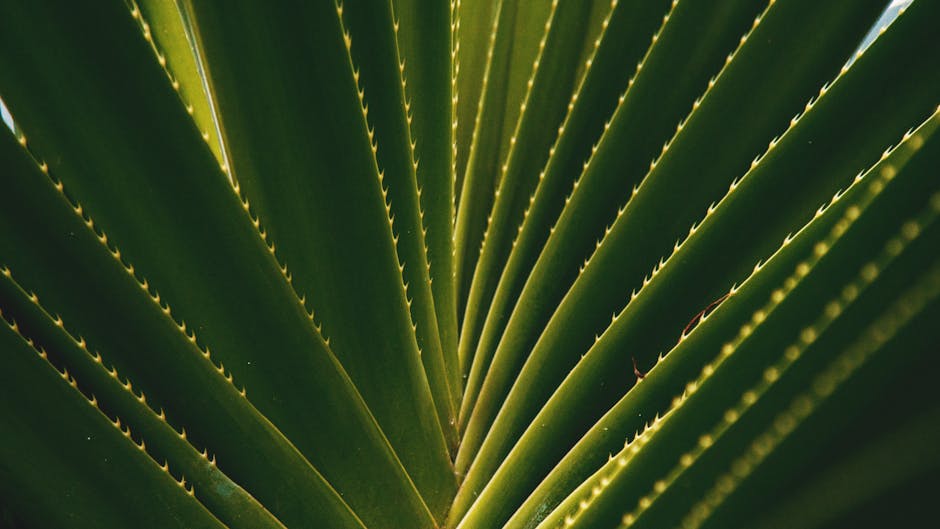
What Are the Best Face Mask DIY Routines for Beginners?
Curious about natural skincare but overwhelmed by where to begin? If you're new to facial care, DIY face masks are a beginner-friendly, affordable way to get glowing results—without the harsh chemicals or confusion. Learn the best face mask DIY routines tailored for hydration, glow, pore cleansing, and clear skin—all from the comfort of your home.
What Is the Best Face Mask DIY for Beginners?
The best face mask DIY for beginners is a simple honey and yogurt mask. It hydrates, brightens, and soothes the skin without clogging pores or causing irritation—perfect for first-timers looking for natural glow and hydration.
- 1 tbsp plain yogurt (for gentle exfoliation)
- 1 tsp raw honey (for hydration and antibacterial benefits)
- Apply to clean skin for 10–15 minutes, then rinse with warm water
- Use 2–3 times a week for consistent results

Why Choose DIY Face Masks?
DIY face masks offer control over ingredients, cost savings, and an intimate understanding of what your skin loves. For beginners, they’re a gentle, customizable way to start a skincare routine without overwhelming products or high costs.
- Natural Ingredients: Avoid synthetic irritants found in commercial products.
- Cost-Effective: Most ingredients are already in your kitchen.
- Customizable: You can tweak recipes to suit oily, dry, or sensitive skin.
- Empowering: Learn what works for your skin firsthand.

Beginner-Friendly Ingredients for DIY Face Masks
Not sure what ingredients are safe and effective? Here's a quick guide to beginner-approved options you can mix and match based on your skin goals.
| Ingredient | Best For | Notes |
|---|---|---|
| Honey | Hydration, acne, glow | Antibacterial and gentle on all skin types |
| Yogurt | Exfoliation, brightening | Contains lactic acid; use plain only |
| Aloe Vera | Soothing, redness | Use pure gel, not alcohol-based versions |
| Oatmeal | Sensitive skin, calming | Use finely ground oats for best texture |
| Lemon Juice | Brightening | Use sparingly; can be irritating |
Best Homemade Face Mask for Hydration and Glow
This recipe uses banana, honey, and olive oil—ingredients that nourish deeply and leave skin soft, dewy, and fresh.
Ingredients
- ½ ripe banana
- 1 tsp raw honey
- 1 tsp extra virgin olive oil
Instructions
- Mash banana into a smooth paste.
- Mix in honey and olive oil.
- Apply to face using clean fingers or brush.
- Leave on for 15–20 minutes.
- Rinse with lukewarm water and pat dry.

Best Homemade Face Masks for Clear Skin
Clear skin starts with consistency and calming ingredients. The following recipe is designed to soothe inflammation, minimize breakouts, and balance oil.
Green Tea + Aloe Mask
- 1 tbsp brewed green tea (cooled)
- 1 tbsp aloe vera gel
- ½ tsp turmeric (optional)
Mix all ingredients and apply to clean skin. Leave for 10–15 minutes and rinse with cool water. Use twice weekly for best results.

Best Homemade Face Mask to Clean Pores
To deeply clean pores and reduce blackheads, clay-based masks are effective and safe for most skin types when used weekly.
Bentonite Clay Detox Mask
- 1 tbsp bentonite clay
- 2 tsp apple cider vinegar or water
- Optional: 1 drop tea tree oil
Combine to form a paste, apply a thin layer, and let dry for 10–15 minutes. Rinse thoroughly. Avoid overuse—once a week is enough.

How Often Should You Use DIY Face Masks?
For beginners, start with 2–3 times per week, depending on your skin type and the mask’s ingredients. Overuse can lead to irritation—especially with exfoliating or clay masks.
- Hydrating masks: 2–3 times/week
- Exfoliating masks (with yogurt or lemon): 1–2 times/week
- Clay/detox masks: Once/week
- Soothing masks: As needed for redness or inflammation
Do’s and Don’ts for DIY Skincare Beginners
Before diving in, here’s a quick cheat sheet to make your DIY journey safe and successful:
| Do’s | Don’ts |
|---|---|
| Patch test every new recipe | Use citrus ingredients daily |
| Use clean tools & hands | Apply near the eyes |
| Store fresh ingredients in the fridge | Keep leftover masks longer than 24 hrs |
| Follow with moisturizer | Expect overnight miracles |
FAQs
How long should a DIY face mask stay on?
Most DIY face masks should stay on for 10–20 minutes depending on the ingredients. Always rinse before it fully dries to avoid irritation.
Can I store homemade face masks?
Fresh masks should be used immediately. If needed, store in an airtight container in the fridge for no more than 24 hours.
Which DIY mask is best for acne-prone skin?
Try a green tea and aloe vera mask or bentonite clay mask with a drop of tea tree oil for calming acne and reducing breakouts.
Are DIY masks safe for sensitive skin?
Yes—oatmeal, honey, and aloe vera are ideal for sensitive skin. Avoid citrus, cinnamon, or undiluted essential oils.
Related Articles:
- How to Make the Best Hydrating Face Mask at Home
- This Is the Best Homemade Mask for Face Glow Starters
- Face Masks at Home: What You’re Probably Doing Wrong
- Stop Using Store-Bought Masks Before Reading This
Pillar Articles:



0 Comments